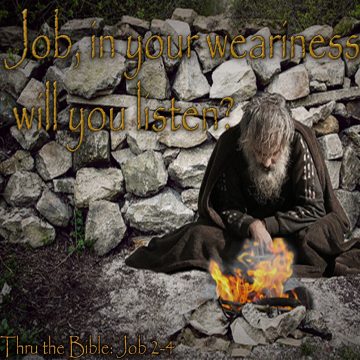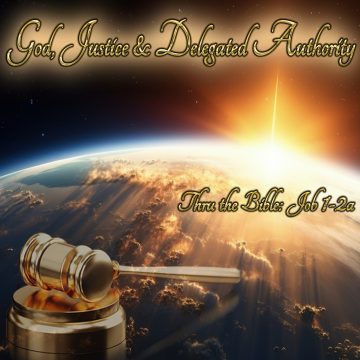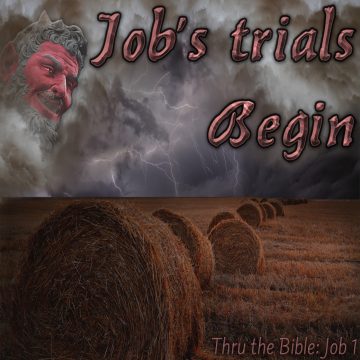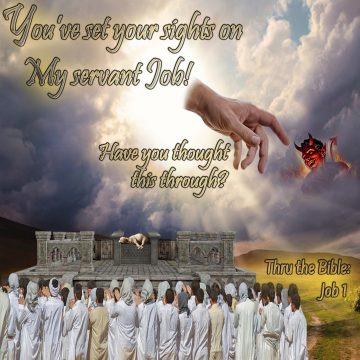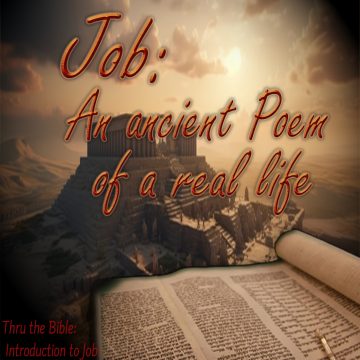Job’s trials are now in full bloom and his friends, upon hearing of it, come to comfort him.
After 7 days of silence sitting in ashes of mourning, Job speaks from the bitterness of his heart and curses the day of his birth. He also offers subtle blame at God for being complicit with his suffering.
His friend Eliphaz hears his words and discerns his heart of grief offering advice that was both solid and mistaken all at the same time.
Continue reading